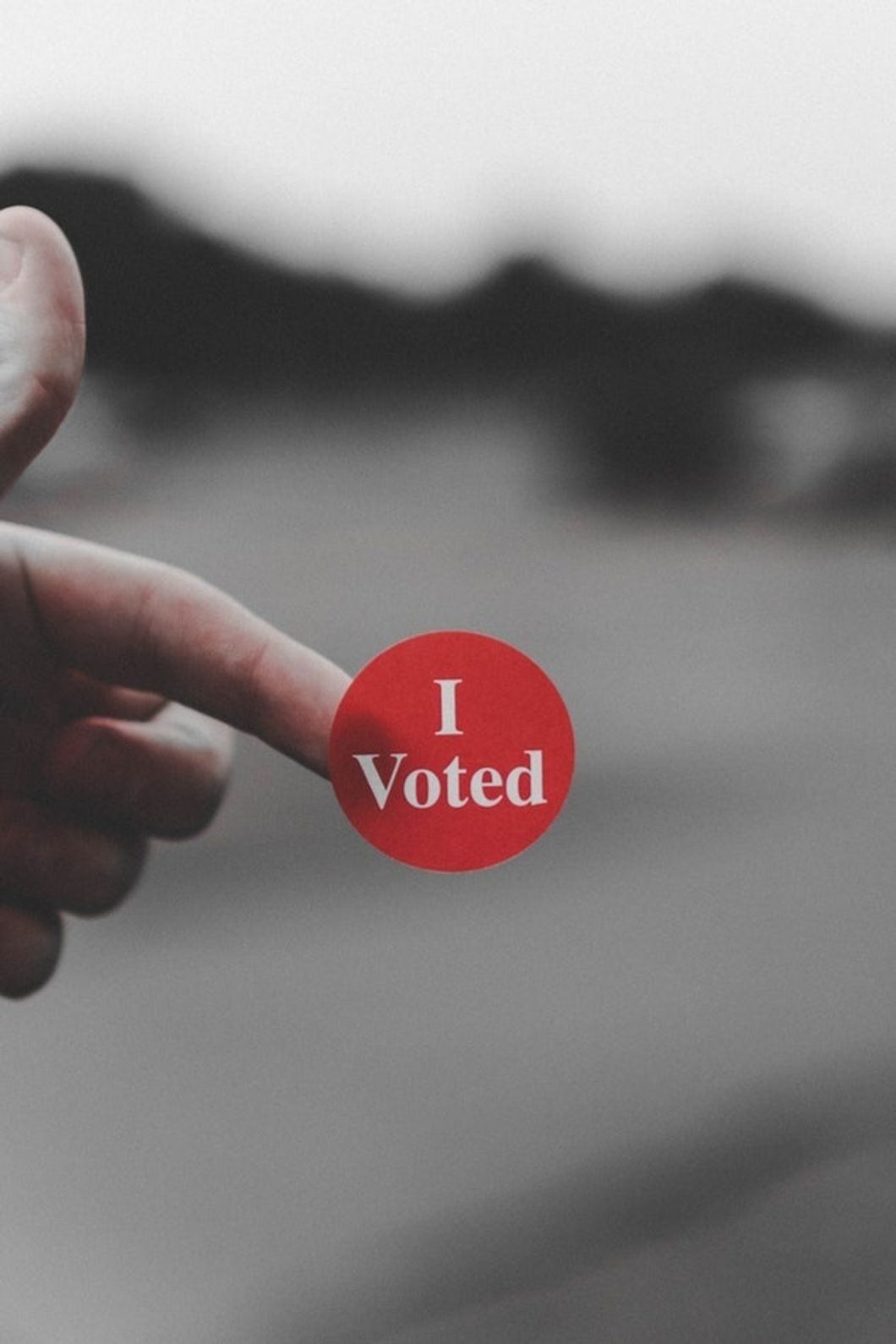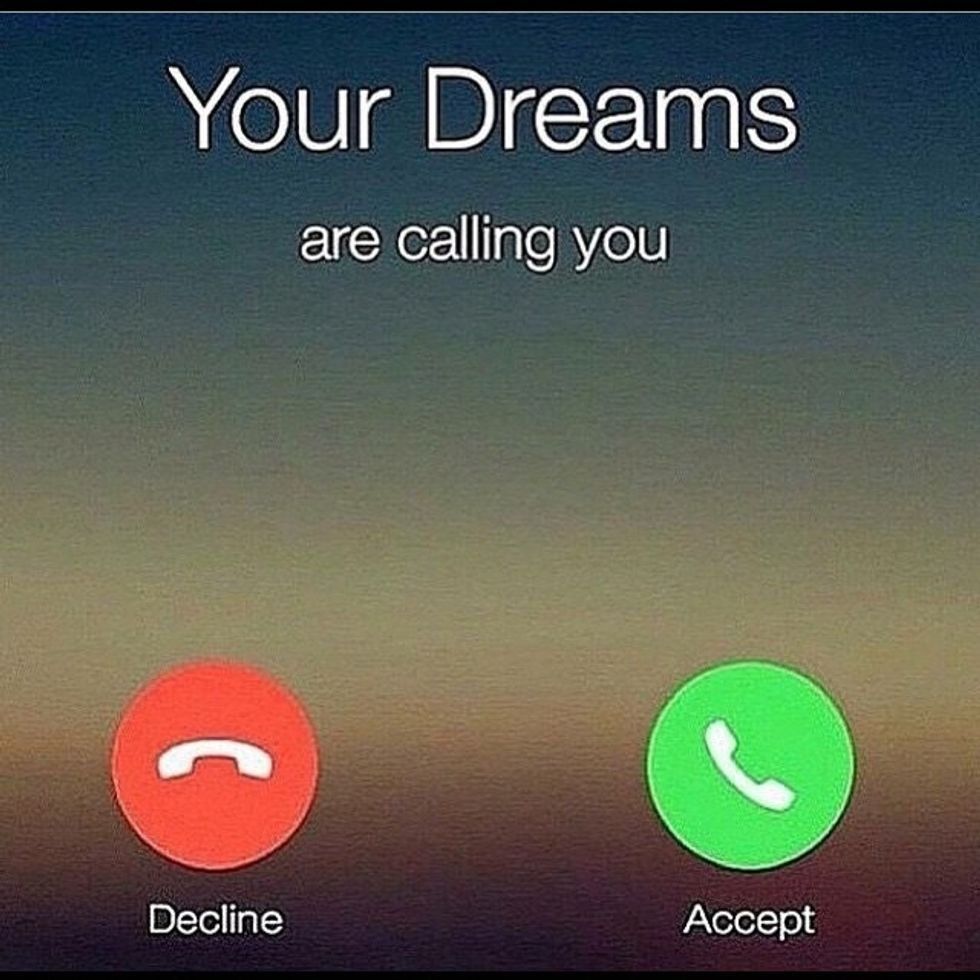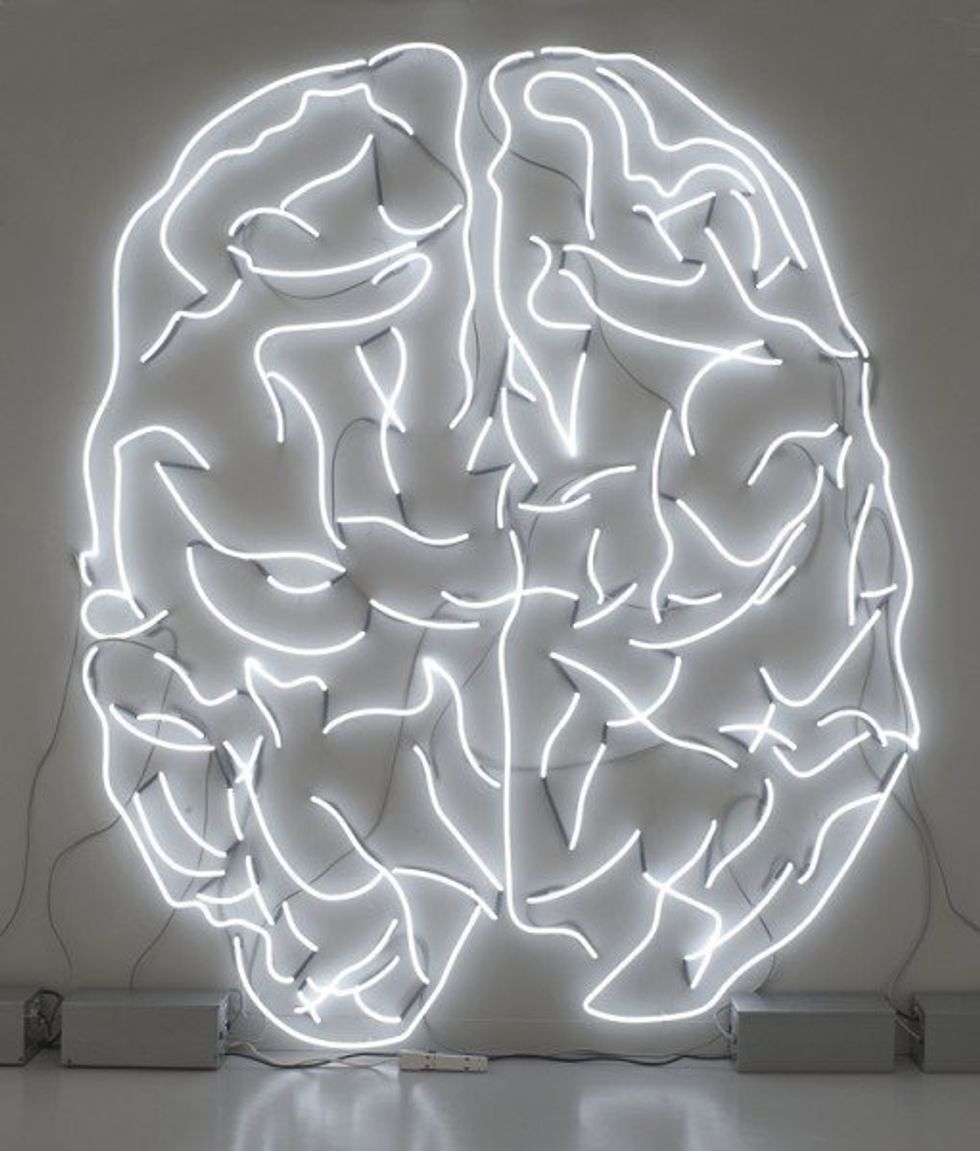In the past few years, I have noticed that it seems more people will stand in line for a lottery ticket but won't stand in line to cast their vote.
What we have is an infection in our country that start generations ago, maybe from the very beginning of our democracy. It is election apathy. It started with our founding fathers and their desire to make George Washington our first president. Our nation has generations of apathetic voters that believe their vote won't make a difference.
They think it is a waste of time and energy to cast a vote, however, those same people will spend countless hours and sometimes money to vote on "Dancing with the Stars."
Why is it not compulsory for everyone beginning at age 18 to be required to vote? There are many countries that have compulsory voting rules, most don't enforce them. However, in Belgian, if a voter repeatedly fails to vote without a valid reason the voter may be subject to disenfranchisement. In Singapore voters that do not vote in the general election are disenfranchised until a valid reason is given and, in most cases, pay a fine. In Peru and Greece services provided by public offices are denied to those who fail to vote and are not eligible for those services until they vote in two elections. Bolivian voters that do not participate in an election can be denied their salary for up to three months.
It has been argued that voting in the United States is a civic right and not a civic responsibility. This is where I believe the word "right" takes on the meaning of having an option of not being a citizen's responsibility like obeying the laws. Voting is our voice in government and the founding fathers made it our responsibility.
With the exceptions of illness and religious affiliation, there is no other valid reason a citizen cannot cast a vote in any election in the United States. The government takes every step to ensure your voice is heard and counted. There are absentee ballots, as well as early voting. When the polls open on election day, employers are required to allow their employees ample time to vote. However, why won't the government declare election day a national holiday?
Many complain elections have become tribal battlegrounds and the media has made a circus of the whole process. Nevertheless, if you are a concerned citizen and do your due diligence what side you vote on is not the issue here. It is whether one of the candidates wanting to represent you are going to work in your best interest. It isn't a beauty, talent, or popularity contest, these men and women are responsible for making decisions that will affect you and your family now and in the future.
The education systems have missed the mark on this as well. Civics should be mandatory. Every student should be educated and participate in the election process.
However, 16% of young adults drop out of high school. This leads to the question; how do we quantify a responsible voter? Can a person without an education understand an amendment on a ballot? Does a college student understand or care about all the issues a representative is running on in that district? Does a single mother have the same issues as a retired veteran?
If a stay at home mother votes for a candidate based on one issue, is she less informed or qualified to vote than the CEO of a corporation that votes along party lines? On http://www.voterparticipation.org, the underinformed #1 reason given for not voting is, "They don't have enough information about the candidates or about the policy debates on the issues they care about."
Do gerrymandering laws affect voter turnout? Many voters in a gerrymandered district don't vote on local and state elections because their vote on either side is, for the most part, a wasted vote. The losing party stays away because it won't make a difference and the winning party requires low participation to succeed. The government accepts low voter turnout, they believe a low turnout is a signal that informed, educated voters are participating in the election and it is a valid election.
Socio-economic issues are at the top of the reasons for low voter turnout. College students, low-income, minorities have a difficult time not only voting but registering. They are unsure of where they can vote, and most don't have the ability to get to their polling place. In most of my research I read, apathy is a trigger for most non-voters. They don't believe their vote can make a difference.
Yet, we have a two-party system struggling for power and we also have three branches of government to prevent one party from holding all the power. If a voter votes for one reason, and only one reason everyone loses. This democracy is a system of checks and balances and if the sides are not even and balanced then there is no democracy. A single party rule takes away our voices as well as our rights.








 Photo by
Photo by 









